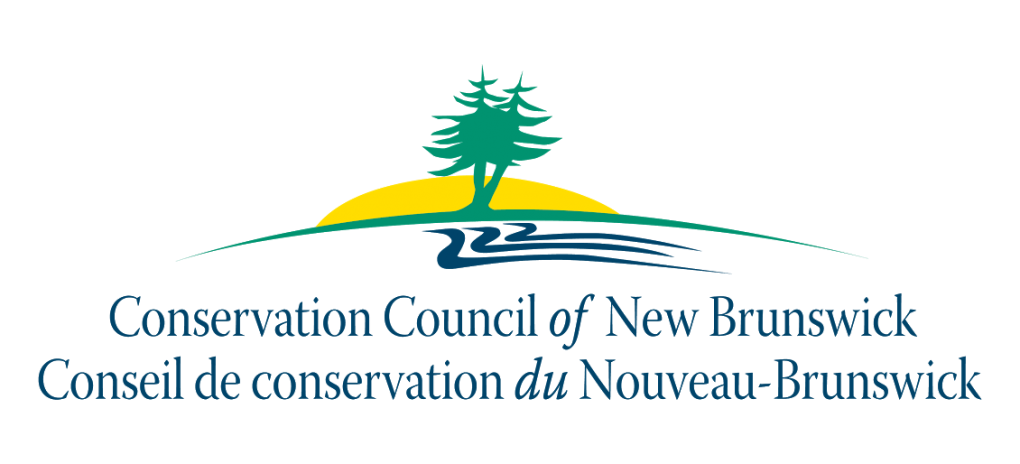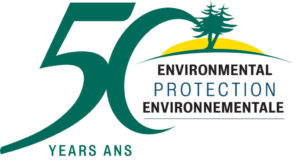
EXECUTIVE DIRECTOR
Job Summary
The Executive Director reports directly to the Board of Directors and specifically to the President of the Board. Under the authority of the Board, the Executive Director assumes complete responsibility for the overall operations and sustainability of the organization, including fundraising, membership development and financials. The Executive Director directs the implementation of the organization’s policies, programs and research, and is responsible for the management of staff. The executive director is responsible for overall strategy, leadership and Board relations.
Key Areas of Responsibility
Strategic Management and Leadership
-
- Collaborate with the Board of Directors in developing long-term (five year) strategic plans to guide the organization, ensuring that the budget, staff and priorities are aligned with the Conservation Council’s core mission.
- Develop annual strategic plans to be adopted by the Board, outlining the organization’s key goals and objectives for the year.
- Prepare annual operational plans with clearly defined and measurable goals and objectives that align with the long-term strategic plan.
- Monitor progress towards goals and objectives on an ongoing basis and report progress on strategic initiatives to Board, staff and volunteers
- Effectively and efficiently oversee the day-to-day operations of the organization and provide inspirational leadership and direction to all staff and volunteers.
Board Relations
-
- Cultivate a strong and transparent working relationship with the Board and ensure consistent, ongoing and open communication.
- Work closely with the Conservation Council’s Board President, Executive Committee, and any appointed committees, regularly attending Board and Committee Meetings
- Provide advice and leadership in the development of policy and standards consistent with the Conservation Council’s goal of creating awareness of environmental problems and supporting solutions through research, education and interventions.
- Ensure the President, Executive, Committees and Board are well informed regarding the organization’s activities, issues and risks, and provide regular information and updates as to progress on key initiatives and projects.
- Prepare background information and reports for the Board on policies and issues to assist with policy and governance decisions.
- Ensure all Board motions, actions and decisions directed to the ED are followed up on and implemented.
- Presenting a thorough, complete and accurate ED Report at each Board meeting.
Financial Management
-
- Secure adequate funding for the long-term operation of the organization through fundraising, grants, membership development and donations.
- Oversee the financial status of the organization, including developing long and short term financial plans.
- Developing an annual budget and monitoring it regularly to ensure fundraising and expense targets are met and adhered to.
- Ensure strong fiscal policy and financial controls are in place and that tax legislation is complied with at all times.
- Ensure the effective use of the organization’s funds, accurately setting financial priorities to ensure the organization is operating in a manner that supports program priorities and staff needs.
- Manage official records and documents in compliance with funder guidelines and government regulations.
- Work closely with the bookkeeper and the board treasurer to prepare monthly financial reports as well as regular, comprehensive financial reports on revenues and expenditures to the board.
- Ensure the audit is completed within the timelines required and that all financial reporting required by provincial and federal laws, including the tax return, are submitted by the deadlines required.
- Fundraising
-
- Develop a comprehensive annual fundraising strategic plan with clear objectives and a strategy for success in each fundraising initiative, as well as anticipated quarterly targets.
- Develop and implement effective action plans to meet each of the targets outlined in the annual fundraising plan.
- Identify, research and analyze fundraising alternatives, pursuing those likely to generate the greatest results
- Provide oversight in the development and operation of all fundraising programs and events
- Develop and maintain strong relationships with current and potential members, donors, businesses consistent with the organization’s mandate and values, government and private foundations providing support to sustain the financial viability of the organization.
- Formulate and execute comprehensive marketing and branding strategies to increase revenue from major donors, foundations, government agencies, and others.
- Develop and implement an effective membership recruitment strategy and ensure that annual targets for increasing membership are met.
- Human Resource Management
-
- Actively foster a productive, team-based work environment and build a long term team to ensure campaign and project work that is sustainable over the long term and aligned with the Conservation Council’s core mission.
- Provide employees with clearly defined performance expectations (goals, objectives, deliverables), guidance and direction.
- Establish open and ongoing communications with employees and provide them with regular feedback as to how they are doing in meeting their performance objectives.
- Ensure employees have a clear understanding of the policies, procedures and guidelines they must follow, particularly as it relates to maintaining charitable status in regards to advocacy work.
- Ensure employees have the materials, tools and resources they require to do their jobs effectively
- Use positive reinforcement to maximize employee performance.
- Continually strive to develop the skills of employees by providing ongoing training, coaching and mentoring, as well as professional development opportunities.
- Monitor the performance of employees on a continuous basis to ensure requirements, goals, objectives and deliverables are met, providing appropriate coaching and mentoring to improve their skills in areas where they may be lacking.
- Conduct formal performance reviews with employees on an annual basis.
- Apply appropriate corrective and/or disciplinary action for employees when they are not meeting performance expectations.
- Determine staffing requirements for organizational management and program delivery
- Ensure personnel policies and best practices are current and enforced.
- Facilitate ongoing collaboration between program areas and strengthen internal communications with staff and volunteers throughout the organization.
- Program Management
-
- Provide oversight to ensure program effectiveness by monitoring outcome measures in program delivery, fiscal management and program results.
- Increase efficiencies and consistency throughout the organization by developing and implementing standardized policies, procedures and guidelines across program areas.

